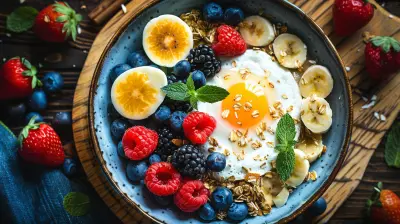The Role of Omega-3 Fatty Acids in Pregnancy Health
22 May 2025
Pregnancy is one of the most beautiful yet challenging phases of a woman's life. From morning sickness to crazy food cravings, a mother’s body goes through countless changes to bring a new life into the world. During this journey, proper nutrition is crucial—not just for the mother, but also for the baby. One essential nutrient that stands out during pregnancy is omega-3 fatty acids.
But why are omega-3s so important? And how can they impact pregnancy health? Let’s dive deep into the role of these powerhouse nutrients and understand why every expecting mother should prioritize them.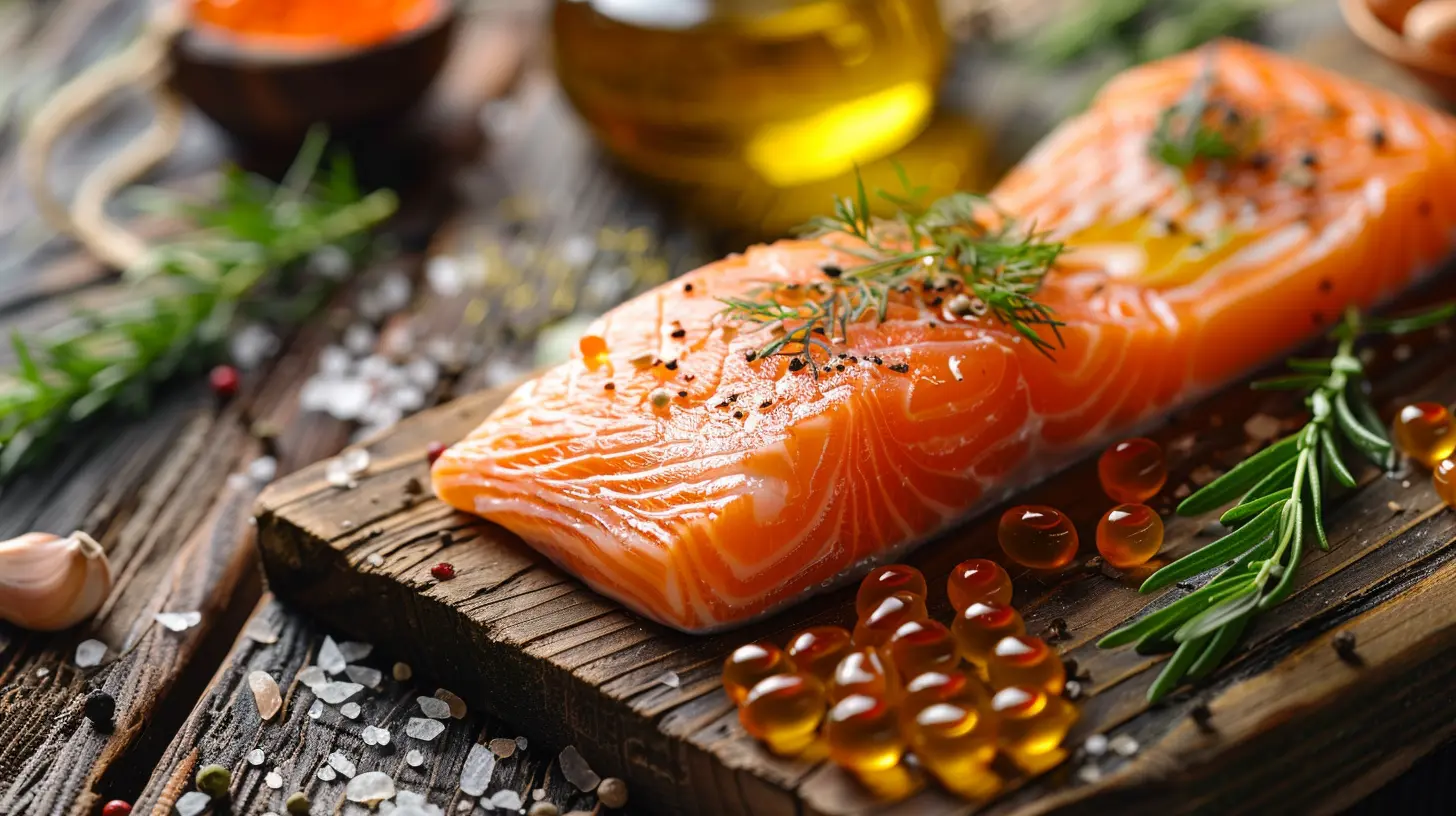
What Are Omega-3 Fatty Acids?
Omega-3 fatty acids are a type of healthy fat that play a key role in overall health. Since the body cannot produce them on its own, they must be obtained through diet or supplements. There are three main types:1. EPA (Eicosapentaenoic Acid) – Known for its anti-inflammatory properties.
2. DHA (Docosahexaenoic Acid) – Crucial for brain and eye development in babies.
3. ALA (Alpha-Linolenic Acid) – Found in plant-based sources and can be converted into EPA and DHA, though inefficiently.
Among these, DHA and EPA are the most essential during pregnancy because of their direct impact on fetal development and maternal well-being.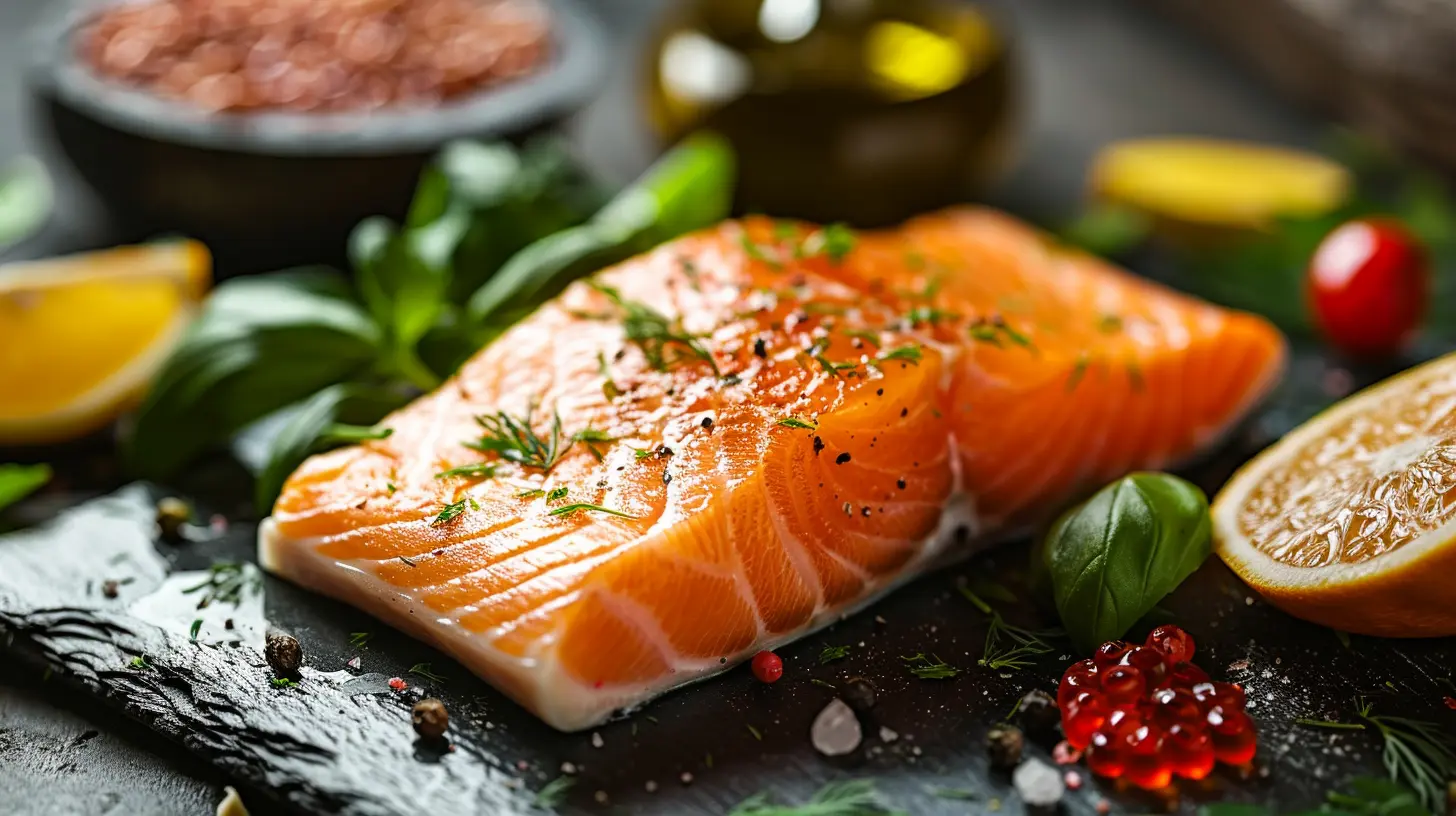
Why Are Omega-3s Crucial During Pregnancy?
Omega-3s do more than just keep the heart healthy—they are a lifeline for fetal development and maternal health. Here’s why they matter:1. Supports Baby’s Brain and Eye Development
DHA is a building block of the brain and retina. Studies show that adequate DHA intake during pregnancy boosts cognitive function and improves vision in newborns. It’s like giving your baby a head start in the intelligence race!2. Reduces the Risk of Preterm Birth
Preterm birth (delivery before 37 weeks) can lead to complications like low birth weight and developmental issues. Research suggests that omega-3s, particularly DHA, can reduce the risk of preterm labor and improve birth weight, ensuring a healthier start for your baby.3. Enhances Cognitive and Behavioral Functions
Omega-3s don’t just influence brain development—they also impact behavior and attention span later in life. Some studies indicate that children born to mothers with high DHA intake during pregnancy tend to have better focus, memory, and problem-solving skills.4. Lowers Risk of Postpartum Depression
Many mothers experience postpartum depression (PPD) due to the hormonal rollercoaster after birth. Omega-3s, particularly EPA, help regulate mood-related neurotransmitters, reducing the chances of feeling overwhelmed, anxious, or depressed after delivery.5. Supports a Healthy Pregnancy
Omega-3s contribute to placental health, blood circulation, and immune function, all essential for a smooth and complication-free pregnancy. They also help in managing gestational hypertension, reducing the risk of preeclampsia.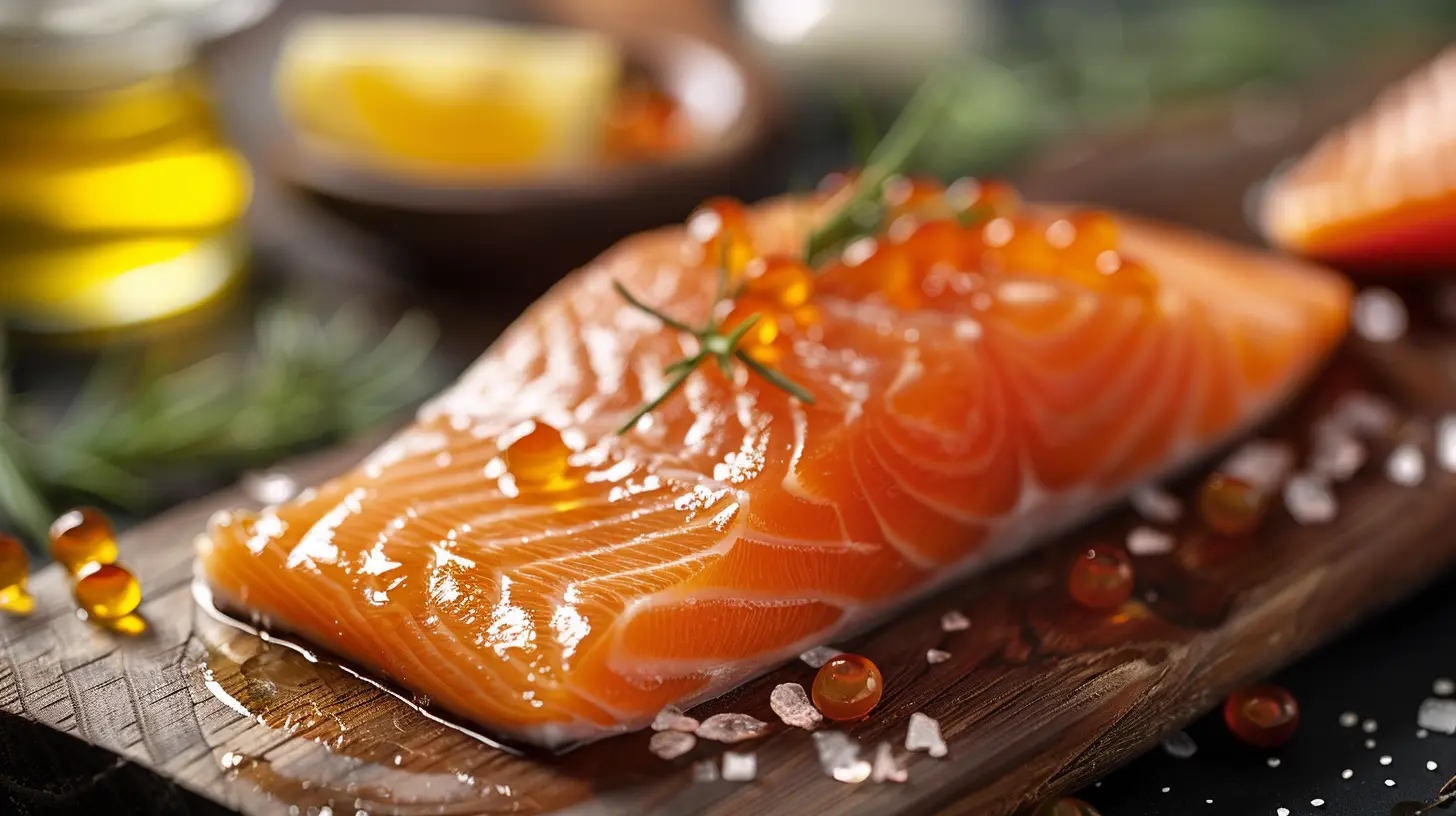
Best Food Sources of Omega-3 Fatty Acids
Now that we know why omega-3s are essential, let's talk about the best ways to get them. Luckily, there are plenty of delicious and nutritious sources:1. Fatty Fish
Fatty fish are the richest sources of DHA and EPA, making them a must-have for expecting mothers. Some excellent choices include:- Salmon
- Sardines
- Mackerel
- Herring
- Anchovies
Tip: Avoid high-mercury fish like shark, swordfish, and king mackerel, as excessive mercury can harm the baby’s development.
2. Fish Oil and Algal Oil Supplements
If you’re not a fan of fish or have dietary restrictions, fish oil or algal oil supplements can be a great alternative. Algal oil (derived from algae) is an excellent plant-based option rich in DHA.3. Chia Seeds and Flaxseeds
If you're vegetarian or vegan, chia seeds and flaxseeds are great sources of ALA. Though the body converts ALA into DHA/EPA inefficiently, consuming them regularly still offers health benefits.4. Walnuts
Walnuts are a brain-boosting superfood—quite literally, since they resemble tiny brains! They provide ALA and are an easy snack to include in your diet.5. Eggs Fortified with Omega-3
Some eggs are fortified with omega-3s, making them a simple and delicious way to boost your intake.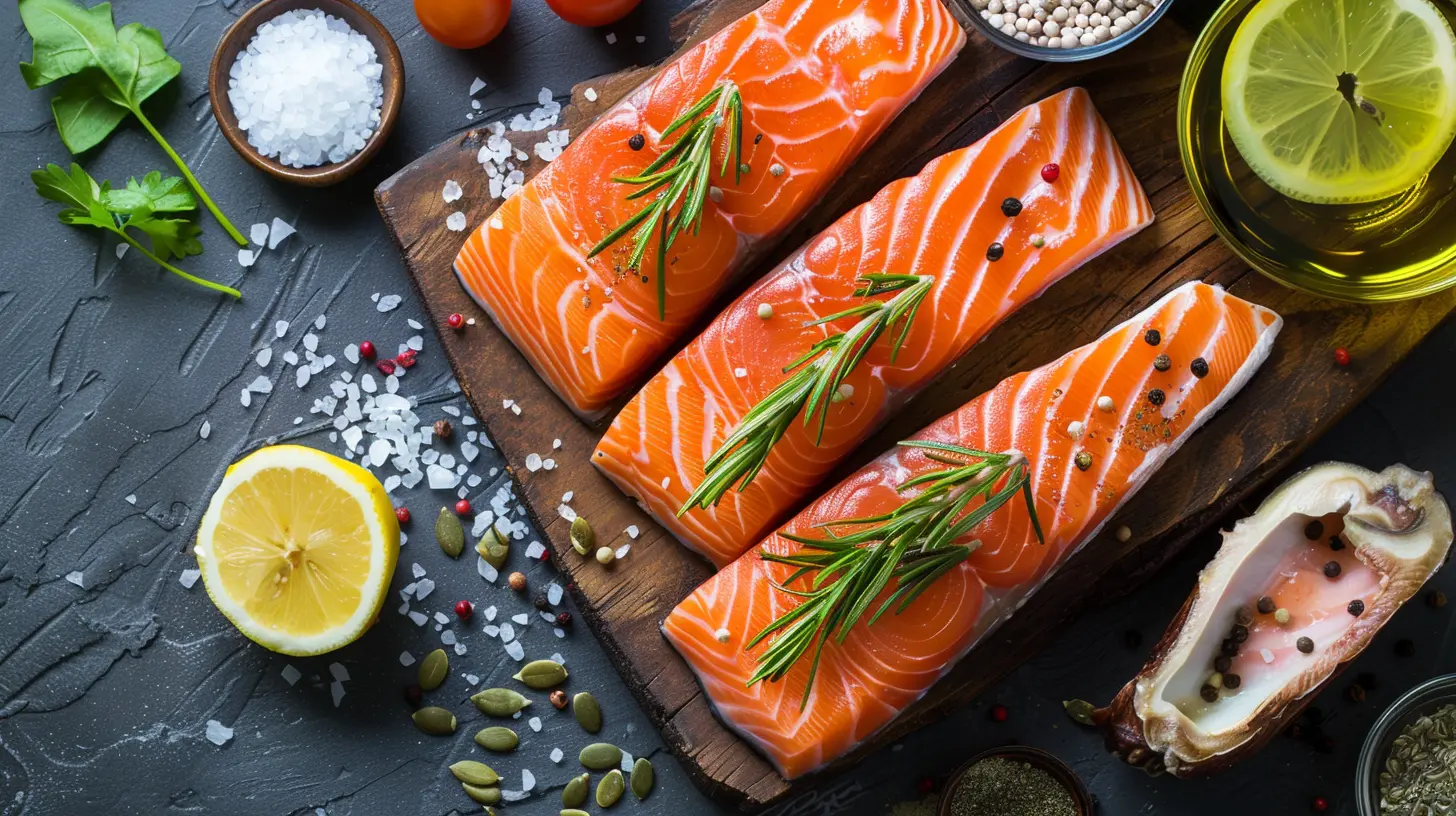
How Much Omega-3 Do Pregnant Women Need?
The recommended intake of DHA during pregnancy is around 200-300 mg per day. However, including a mix of omega-3-rich foods or taking a high-quality supplement can ensure you and your baby get optimal benefits.If you’re considering supplements, always consult your doctor to determine the right dosage for your specific needs.
Common Myths About Omega-3s and Pregnancy
There is a lot of misinformation surrounding omega-3s. Let’s bust some common myths:Myth #1: Eating Fish During Pregnancy Is Dangerous
While some fish contain high levels of mercury, many are perfectly safe and highly beneficial for pregnancy. Stick to low-mercury fish like salmon, sardines, and trout.Myth #2: Plant-Based Omega-3s Are Just as Effective as Fish-Based Omega-3s
Plant-based sources contain ALA, which the body can only convert into DHA/EPA in minimal amounts. If you’re vegetarian or vegan, consider an algal oil supplement to ensure adequate DHA intake.Myth #3: Omega-3s Only Benefit the Baby
While omega-3s are essential for fetal development, they also support maternal health, reducing the risk of postpartum depression, inflammation, and pregnancy complications.Practical Tips for Including Omega-3s in Your Diet
Want to boost your omega-3 intake without overthinking it? Here are some simple and effective tips:- Eat fatty fish 2-3 times per week for a natural DHA & EPA boost.
- Sprinkle chia seeds or flaxseeds on your smoothie, yogurt, or oatmeal.
- Snack on walnuts or add them to salads.
- Opt for omega-3 fortified eggs in breakfast dishes.
- Take a high-quality fish or algal oil supplement if necessary.
The key to a healthy pregnancy diet is balance—so aim for a mix of natural food sources along with a supplement if needed.
Final Thoughts
Omega-3 fatty acids, particularly DHA and EPA, play a vital role in pregnancy health—supporting fetal brain development, reducing preterm birth risk, improving maternal mood, and ensuring a smoother pregnancy. Including omega-3-rich foods doesn't have to be complicated; just a few smart dietary choices can make a big difference for both mother and baby.If you're expecting, now’s the time to prioritize your omega-3 intake. Your future self (and your baby) will thank you for it!
all images in this post were generated using AI tools
Category:
Pregnancy HealthAuthor:

Laura Hudson
Discussion
rate this article
3 comments
Rowan Spencer
Intriguing! How exactly do omega-3s influence fetal development and maternal well-being during pregnancy?
June 12, 2025 at 5:05 PM

Laura Hudson
Omega-3s support fetal brain and eye development, enhance maternal mood, and reduce the risk of pregnancy complications.
Atlas Reyes
Embracing Omega-3s during pregnancy is a powerful choice for both mom and baby, promoting optimal health and development. Nourishing your body now sets the stage for a vibrant future together!
May 29, 2025 at 2:30 AM

Laura Hudson
Thank you for your insightful comment! Omega-3s are indeed vital for both maternal health and fetal development.
Cynthia McMaster
Omega-3 fatty acids: the underappreciated superheroes of pregnancy! If you think a healthy baby doesn’t start with your plate, you must be living in a food coma. Time to splash some healthy fat on that grocery list!
May 22, 2025 at 4:00 PM

Laura Hudson
Absolutely! Omega-3 fatty acids are indeed essential for fetal development and a healthy pregnancy. Let's make those healthy choices count!


